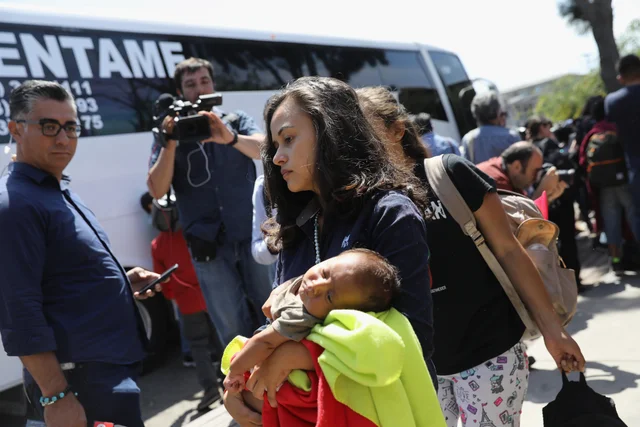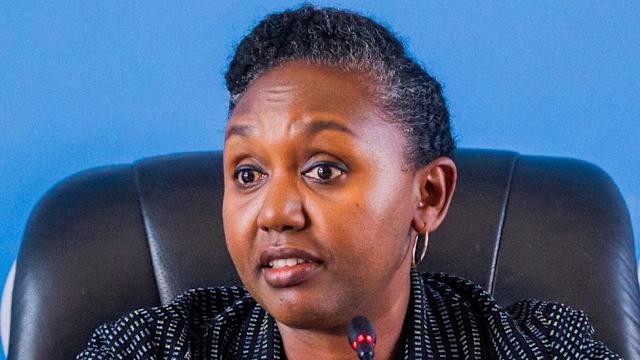Rwanda has entered into a new bilateral agreement with the United States to receive up to 250 migrants deported under a special resettlement program.
The deal, which was discreetly signed in June 2025 and officially unveiled in August, marks a significant development in Rwanda’s continued efforts to position itself as a reliable partner in international diplomacy, humanitarian relief, and migration management.
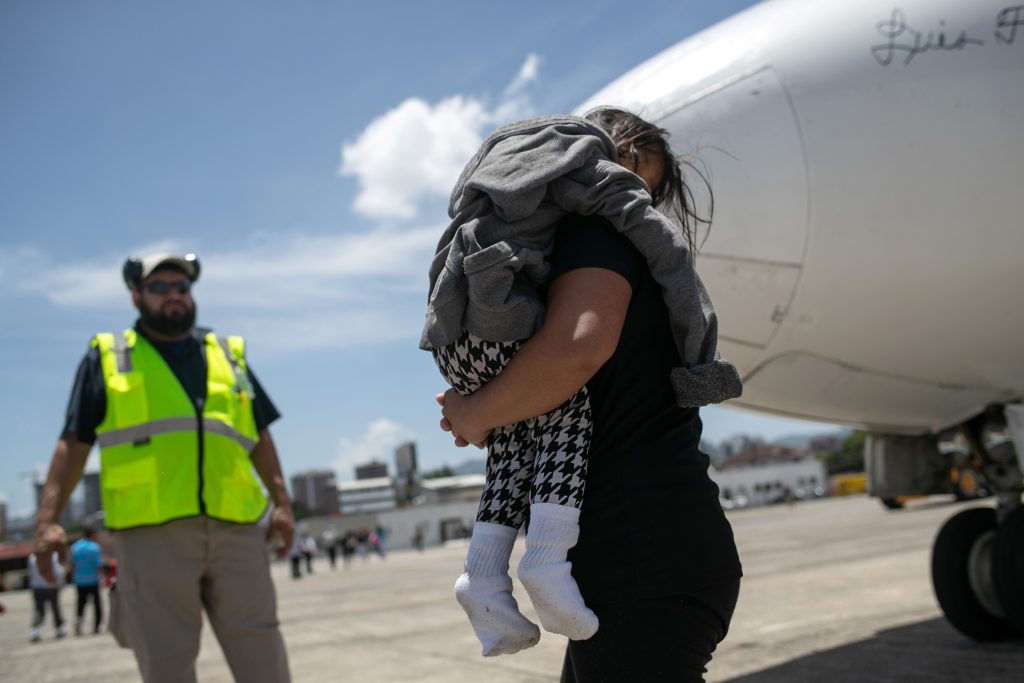
A Case-by-Case Approach to Resettlement
Under the terms of the agreement, Rwanda will receive up to 250 individuals originally deported from the United States. However, Rwandan authorities have stressed that this is not a blanket acceptance. Each case will be evaluated individually to ensure that the migrants meet Rwanda’s safety and legal standards.
A spokesperson from the Directorate General of Immigration and Emigration explained:
“This is not a mass acceptance. Rwanda will evaluate each case independently to ensure safety, legality, and dignity for all involved.”
Importantly, individuals with criminal records involving serious offenses—particularly those related to child sexual abuse or violent crimes—will not be eligible for relocation under this agreement.
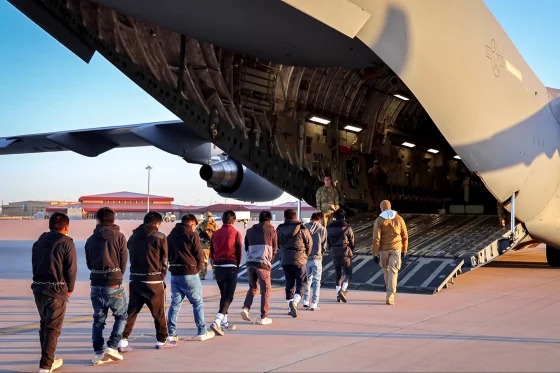
Support and Integration for Accepted Migrants
Migrants accepted under the agreement will be provided with a comprehensive support package designed to help them transition smoothly into life in Rwanda. This includes:
- Temporary accommodation and basic resettlement assistance
- Access to vocational and job training programs
- Primary healthcare services
- Legal freedom to leave the country at any time
Rwandan officials emphasized that these individuals will not be placed in detention, and that those who choose to integrate into local communities will receive support to do so. The approach is aligned with Rwanda’s past experience in refugee integration and social stability.
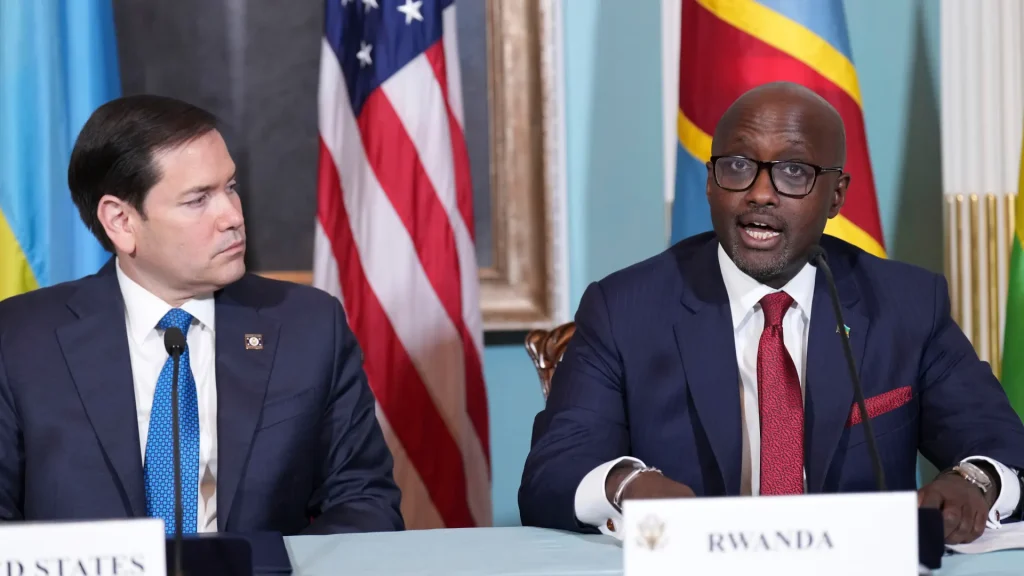
Financial Support and Program Duration
The entire program will be fully funded by the U.S. government, including costs related to travel, housing, and support services. While the exact figures have not been disclosed, sources close to the negotiation confirmed that funding was disbursed through a special U.S. grant in July 2025. The program is expected to run over a period of 12 to 18 months.
This initiative reflects similar third-country partnerships the U.S. has considered in recent years. However, it differs significantly from the UK-Rwanda asylum arrangement struck down by British courts in 2023.

Strategic Diplomacy and Regional Influence
This latest agreement is part of Rwanda’s broader strategy to expand its global diplomatic footprint. Over the past year, the country has signed comparable migration and relocation deals with Eswatini and South Sudan.
As a nation with decades of experience in hosting refugees from neighboring countries such as Burundi, the Democratic Republic of the Congo, and Eritrea, Rwanda continues to cultivate its image as a safe and stable haven for displaced populations.
An official from the Ministry of Foreign Affairs stated: “Rwanda understands displacement. We are proud to offer second chances where others see only problems.”
Concerns from Human Rights Organizations
Despite government reassurances, the program has raised concerns among several international human rights organizations. Critics argue that more information is needed to ensure that migrants’ rights are protected over the long term.
Key issues raised include:
- Lack of clarity on long-term legal status of resettled individuals
- Potential difficulty accessing legal aid and civil protections
- Uncertainty about the adequacy of social and economic support after initial relocation
In response, both the Rwandan and U.S. governments have reaffirmed their commitment to upholding international human rights standards. Rwanda has invited independent observers to monitor the program and ensure accountability.
First Arrivals Expected by Year-End
As of early August 2025, no migrants have yet arrived under the agreement. However, officials expect the first group to land in Rwanda before December 2025. Each arrival will be coordinated closely between Rwandan immigration authorities and the U.S. Department of Homeland Security.
The agreement is being viewed as a pilot model for future resettlement arrangements between developed and developing nations, focusing on shared responsibility and humane migration policies.
